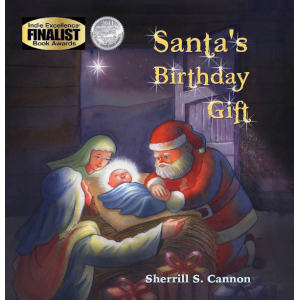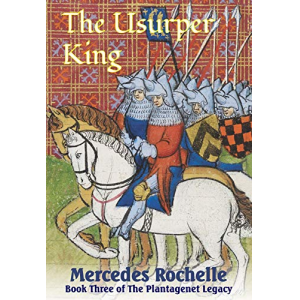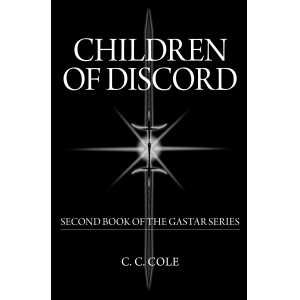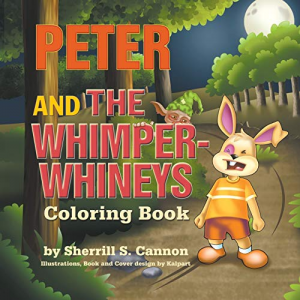- Author
- Book
- Story behind the book
- Media Links
- Reviews

Charlie Lovett
About
Charlie Lovett is Writer-in-Residence at Summit School in Winston-Salem, NC. His plays for children have been seen in over 1,000 productions in all 50 states and five foreign countries.
He is the author of 11 previous books, including works on Lewis Carroll and the acclaimed memoir Love, Ruth.
The Program is his first novel.
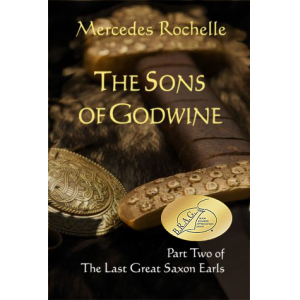
The Sons of Godwine: Part Two of The Last Great Saxon Earls
Description
<p>Emerging from the long shadow cast by his formidable father, Harold Godwineson showed himself to be a worthy successor to the Earldom of Wessex. In the following twelve years, he became the King's most trusted advisor, practically taking the reins of government into his own hands. And on Edward the Confessor's death, Harold Godwineson mounted the throne—the first king of England not of royal blood. Yet Harold was only a man, and his rise in fortune was not blameless. Like any person aspiring to power, he made choices he wasn't particularly proud of. Unfortunately, those closest to him sometimes paid the price of his fame.<br /><br />This is a story of Godwine's family as told from the viewpoint of Harold and his younger brothers. Queen Editha, known for her Vita Ædwardi Regis, originally commissioned a work to memorialize the deeds of her family, but after the Conquest historians tell us she abandoned this project and concentrated on her husband, the less dangerous subject. In THE SONS OF GODWINE and FATAL RIVALRY, I am telling the story as it might have survived had she collected and passed on the memoirs of her tragic brothers.<br /><br />This book is part two of The Last Great Saxon Earls series. Book one, GODWINE KINGMAKER, depicted the rise and fall of the first Earl of Wessex who came to power under Canute and rose to preeminence at the beginning of Edward the Confessor's reign. Unfortunately, Godwine's misguided efforts to champion his eldest son Swegn recoiled on the whole family, contributing to their outlawry and Queen Editha's disgrace. Their exile only lasted one year and they returned victorious to London, though it was obvious that Harold's career was just beginning as his father's journey was coming to an end.<br /><br />Harold's siblings were all overshadowed by their famous brother; in their memoirs we see remarks tinged sometimes with admiration, sometimes with skepticism, and in Tostig's case, with jealousy. We see a Harold who is ambitious, self-assured, sometimes egocentric, imperfect, yet heroic. His own story is all about Harold, but his brothers see things a little differently. Throughout, their observations are purely subjective, and witnessing events through their eyes gives us an insider’s perspective.<br /><br />Harold was his mother's favorite, confident enough to rise above petty sibling rivalry but Tostig, next in line, was not so lucky. Harold would have been surprised by Tostig's vindictiveness, if he had ever given his brother a second thought. And that was the problem. Tostig's love/hate relationship with Harold would eventually destroy everything they worked for, leaving the country open to foreign conquest. This subplot comes to a crisis in book three of the series, FATAL RIVALRY.</p>
Story Behind The Book
Media Links
Reviews
<strong>Kirkus Reviews</strong> (April 1, 2011)<br /><br />This dynamic theater story stars Aggie, a girl whose enthusiasm, mad talent and diva qualities lead her astray. Steamed that she doesn’t get the lead in the school’s production of <em>Hello, Dolly</em> and convinced it’s because she’s fat, Aggie writes a roman à clef musical. It features two girls, the fat one an undisguised Aggie, the thin one suspiciously similar to the girl playing Dolly, Cynthia of the recent boob job. Aggie’s friends (techie Suzanne, ever-loyal Elliot and lyricist Cameron) support Aggie’s hostility toward Cynthia despite knowing it’s unfair: Cynthia’s nice and actually deserved the lead because of her singing skill. They mount a major production of Aggie’s show that, astonishingly, succeeds. Aggie’s almost failing math, Cameron comes out to his parents (and it goes badly) and Aggie resents the parental support that Karl, her father’s partner, gives Cameron—Aggie’s possessive of her stepfather’s attention. The prose, sometimes unpolished and forced but always infused with warmth, brims with musical-theater references. Unlike most arcs about fat teens, this one never equates emotional growth with weight loss; Aggie’s refreshingly non-symbolic fatness is just part of her. Like Elphaba in the song that Cameron rewrites, Aggie tries defying gravity—and succeeds, musically, socially and romantically. Given the ratings of <em>Glee</em> and the emerging popularity of teen lit combining queer themes and musicals, this should be a hit. <em>(Fiction. 13 & up)</em>


